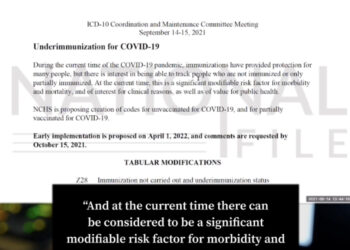Last Updated on December 5, 2019
During the House impeachment hearings against President Bill Clinton, House Speaker Nancy Pelosi spoke forcefully against the allegedly partisan impeachment push from Republicans, seemingly contradicting her leadership’s current agenda.
On December 18, 1998, almost 19 years to the day before Pelosi would call for Democrats to impeach President Donald Trump with shaky evidence and poor witnesses, Pelosi called for an end to the impeachment of President Clinton.
“Today the Republican majority is not judging the president with fairness, but impeaching him with a fairness,” said a much more understandable Pelosi. “In the investigation of the president, fundamental principles which Americans hold dear: privacy, fairness, checks and balances, have been seriously violated.”
Pelosi continued, “And why? Because we are here today because the Republicans in the House are paralyzed with hatred of President Clinton, and until the Republicans free themselves of this hatred, our country will suffer.”
#ThrowbackThursday to when Nancy Pelosi opposed a partisan impeachment launched by a party "paralyzed with hatred"
Where "fundamental principles [like] privacy, fairness, checks and balances ha[d] been seriously violated."
If only she'd give @realDonaldTrump the same courtesy! pic.twitter.com/R6ABZKLyy8
— Will Chamberlain (@willchamberlain) December 5, 2019
She concluded, “I rise to oppose these unfair motions which call for the removal of the President of the United States from office.”
President Clinton would go on to be impeached by the Republican controlled House of Representatives, then acquitted in the Democrat controlled Senate, in a similar fashion to what will likely happen to President Trump.
However, the marked difference between the impeachment of President Clinton and President Trump would appear to be evidence. Both physical evidence and first hand witnesses were present during the impeachment process of President Clinton, and the president himself took the stand to argue with Ken Starr about the definition of the word “is.”
Of course, no physical evidence has been submitted against President Trump, and all evidence of his wrongdoing is in the form of second and third party hearsay.





















